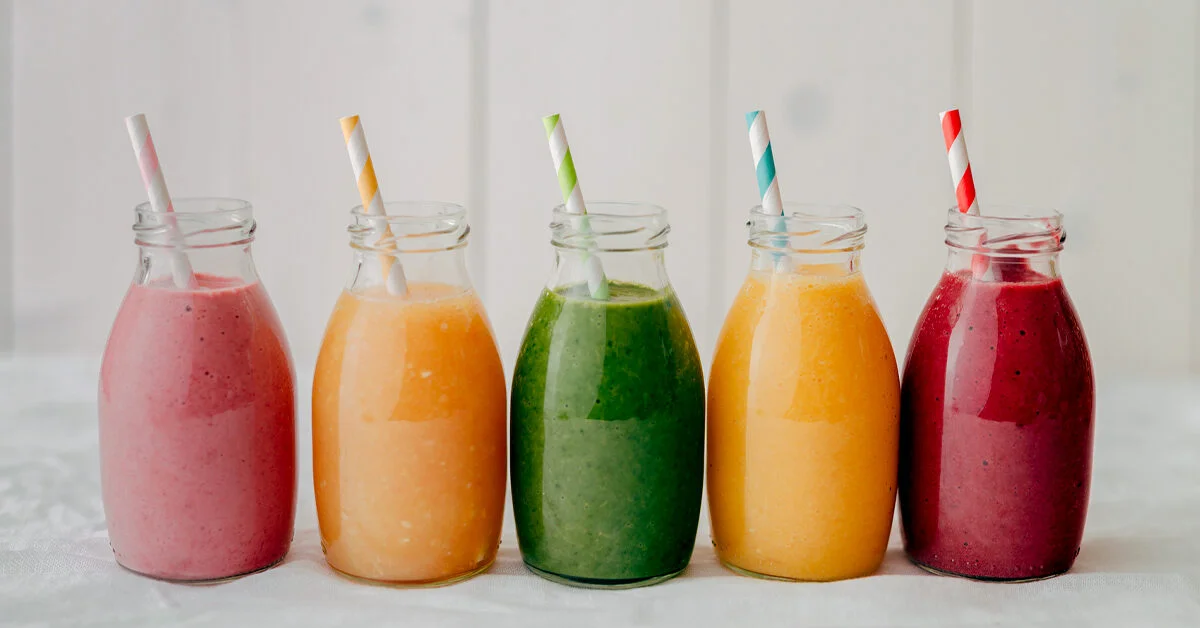Drinking fruit and vegetable juices has become a popular trend in the health and wellness world. While juicing can provide a quick and convenient way to consume a variety of nutrients, it’s important to be aware of the potential downsides. Here are some reasons why drinking your fruits and vegetables may not be as healthy as you think.
Juicing removes the fiber from fruits and vegetables, which is an important nutrient that helps regulate digestion and promotes satiety. Without fiber, juices can lead to blood sugar spikes and crashes, leaving you feeling hungry and fatigued. Many fruit juices are high in sugar, which can contribute to weight gain and other health problems. Even if the sugar comes from natural sources, like fruit, consuming too much can be harmful to your health. A lack of fiber also leads to a lack of “fullness,” meaning you’re consuming calories but may remain hungry.
The juicing process can lead to a loss of nutrients, particularly if the juice is not consumed immediately. Exposure to air and light can cause oxidation and nutrient degradation, which can reduce the nutritional value of the juice. Juicing can also be an expensive habit, especially if you’re using a juicer or purchasing pre-made juices. It’s often more cost-effective to consume whole fruits and vegetables, which are also more filling and satisfying.
Juicing can lead to a lack of variety in your diet, as you may end up consuming the same fruits and vegetables on a regular basis. This can limit your exposure to a wide range of nutrients and may lead to nutrient deficiencies over time. While it can be a convenient way to consume a variety of nutrients, it’s important to be aware of the potential downsides. Consuming whole fruits and vegetables is generally a healthier option, as it provides fiber, a wider range of nutrients, and a more satisfying eating experience.






